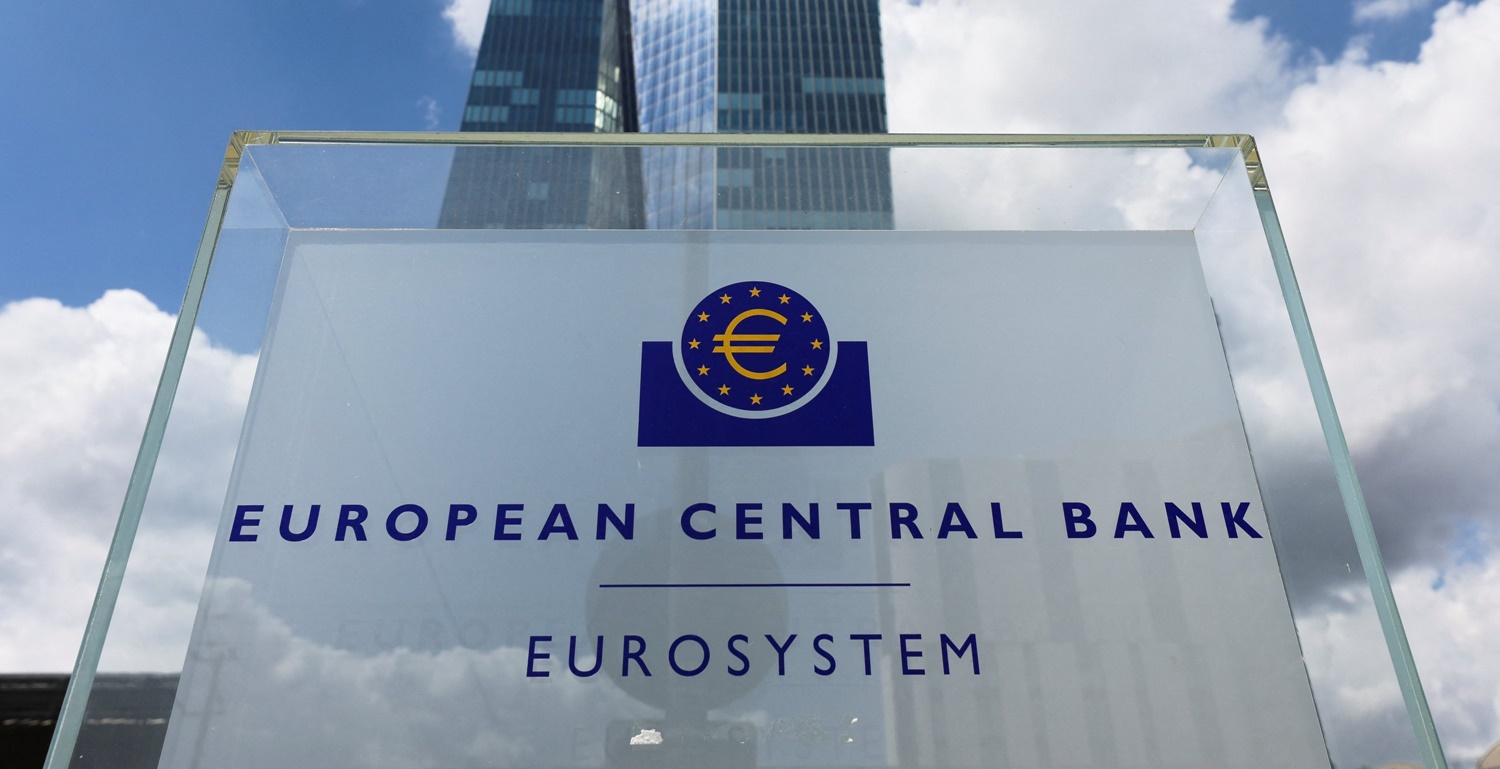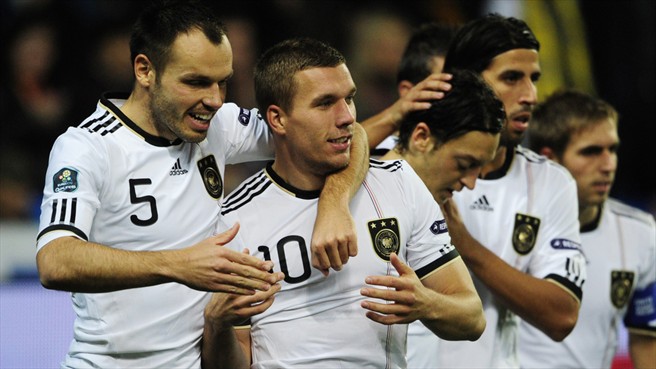European Central Bank decides historic interest rate hike: 0.75 points
The European Central Bank made the largest rate hike in its history

In view of the record inflation, the European Central Bank has decided on the largest interest rate increase since the introduction of euro cash: the key interest rate in the euro area rises by 0.75 percentage points to 1.25 percent.
The European Central Bank has responded to persistently high inflation in the euro zone with a historic rate hike.
It raised the key interest rate by 0.75 percentage points. This increases the key interest rate at which commercial banks can borrow fresh money from the ECB to 1.25 percent.
There has never been such a sharp increase in interest rates since the introduction of euro cash in 2002. According to ECB President Christine Lagarde, the decision was taken with great unanimity.
“We had different views at the table, a thorough discussion, but the outcome of our discussions was a unanimous decision,” she said. At the same time, the ECB held out the prospect of further interest rate hikes in the coming months.
The Governing Council of the ECB had already signaled a further interest rate hike of 0.5 percentage points for its September meeting.
However, because the rate of inflation has continued to rise recently, the pressure on the euro monetary authorities to decide on an even larger interest rate step has increased. Higher interest rates can counteract rising inflation rates.
European Central Bank: Significantly higher inflation expected in 2022 and 2023
Inflation in the euro area climbed to a record high of 9.1 percent in August, driven by rising energy and food prices. Inflation is “still far too high” and will “probably remain above target for a long time,” the ECB said. The aim for the common currency area in the medium term is a price level with an annual inflation rate of two percent.
According to monetary watchdogs, the rate of inflation will be significantly higher than expected three months ago. Your economists are now assuming an average inflation rate of 8.1 percent in the euro zone for the current year.
As recently as June, the forecast was 6.8 percent. In 2023, inflation is expected to be 5.5 (June forecast: 3.5) percent and then drop to 2.3 (June forecast: 2.1) percent in 2024.
“Price pressures have continued to gain strength and breadth across the economy,” the monetary authorities conceded. “Inflation continues to be driven by soaring energy and food prices, demand pressures in some sectors as the economy reopens and supply shortages.”
Lagarde: Economy threatens stagnation
In view of the gas crisis and inflation, the ECB also dampened economic expectations for the euro zone. The economy will slow down significantly, Lagarde said.
Stagnation is to be expected later in the year and in the first quarter of 2023. The experts now expect growth of 3.1 percent for 2022.
For the coming year, the ECB has drastically reduced its forecast for the 19 euro countries – from 2.1 percent to 0.9 percent.
The Governing Council of the ECB only made its original forecasts in June. However, in view of the high energy prices and ongoing problems in the global supply chains, the panel now felt compelled to make corrections. Economic growth of 1.9 percent is now expected for 2024 (previously 2.1 percent).
Rate turnaround in July
In July, after much hesitation, the ECB began to turn away from its long-standing era of zero interest rate policy and increased interest rates for the first time in eleven years, from 0.0 to 0.5 percent. This was followed by a second, stronger increase. However, economists consider a significantly higher interest rate level to be necessary in order to fight inflation effectively.
For a long time, the ECB had interpreted the high inflation as temporary and initiated the turnaround in interest rates much later than many other central banks.
The US Federal Reserve, for example, has already raised its key interest rate several times, twice by 0.75 percentage points each time.
However, the monetary authorities are also concerned that the economy, which is already dealing with supply bottlenecks and the consequences of the Ukraine war, will be slowed down by normalizing the monetary policy, which has been ultra-loose for years, too quickly.
European Central Bank: Key interest rate to rise by 0.25 points
This is how the DAX reacts to the interest rate hike
After the key rate hike by the European Central Bank (ECB), the downward movement of the leading German index, the DAX, accelerated.
Although the stock market barometer went into trading with gains of 0.54 percent at 12,985.61 points, the premiums crumbled significantly. While ECB boss Christine Lagarde is still giving her speech, things are going downhill sharply. The DAX is currently losing 1.64 percent to 12,703.98 points.
It’s the largest rate hike in history. The central bank is thus sending a signal of determination in the fight against inflation, commented Michael Heise, chief economist at asset manager HQ Trust.
In view of the increase in consumer prices of over nine percent in the euro zone and the depreciation of the euro, this belated insight was urgently needed.
The rate step shows the seriousness of the situation, wrote Jörg Zeuner, chief economist at the fund company Union Investment.

According to Zeuner, the prospects for monetary policy in the euro area remain difficult. “Despite the big rate hike, the central bank hasn’t created much leeway.” The inflation risks emanating from energy prices are too great.
Lagarde stressed that inflation should continue to rise in the short term. The ECB President expects a substantial weakening of the economy. The weaker economy, in turn, is likely to lead to higher unemployment.
European Central Bank accept Euro Rescue plan / Eurozone Crisis




